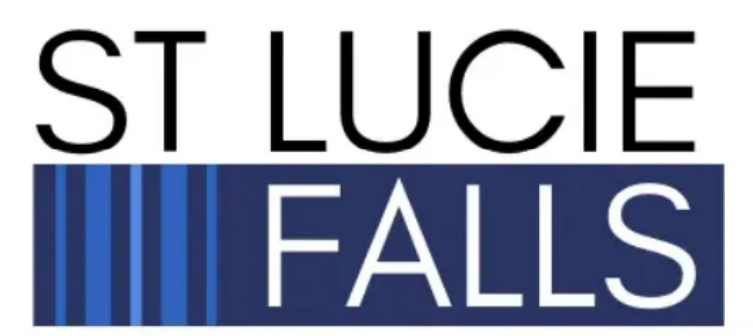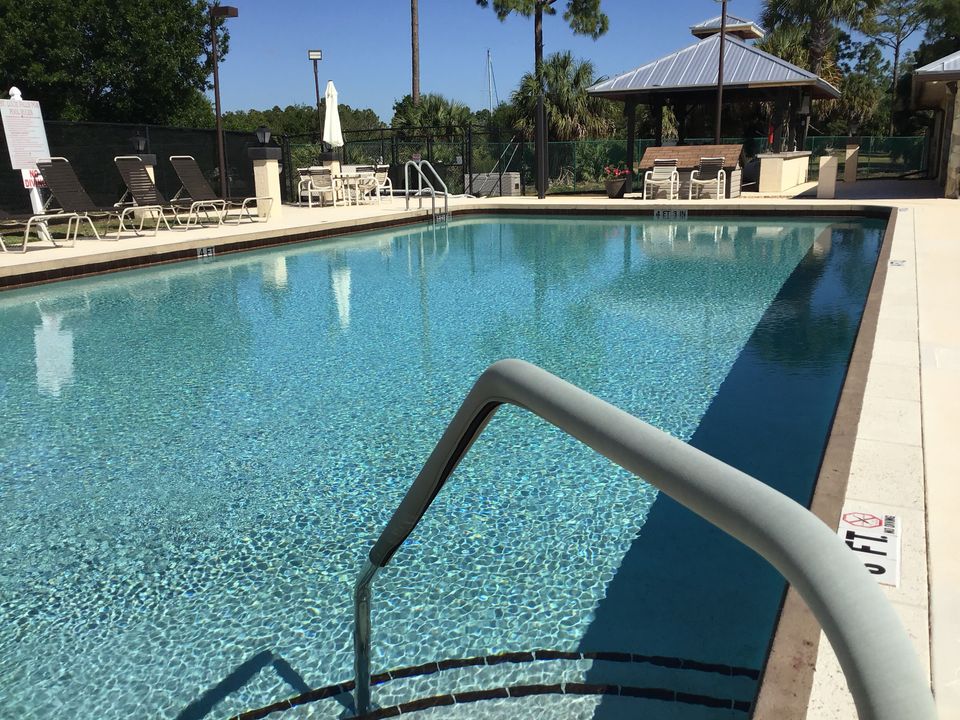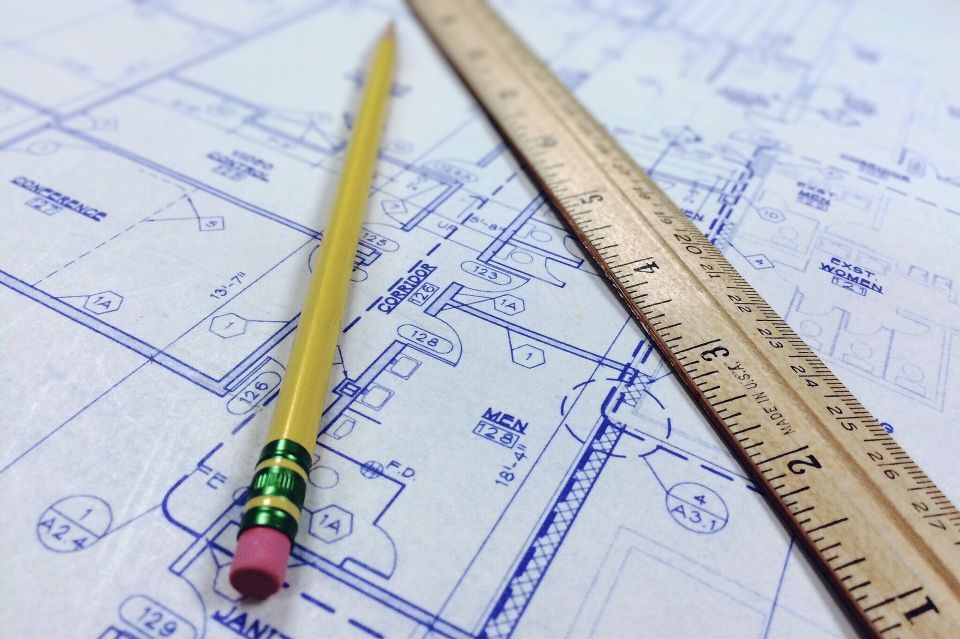HOA LIVING
HOA LIVING – a primer for homeowners who live in a common interest community that is operated by a homeowners association. Living in a common interest development that is operated by a homeowner’s association (“HOA”) is a form of shared ownership that offers many benefits that appeal to increasing numbers of individuals in a 55 plus community. Although various forms of shared ownership involving common interest developments and HOAs have existed in the United States for over 50 years, many people who purchase properties that are part of an HOA are not familiar with the complex workings of a homeowners association. The guide is designed to provide individuals who live within a common interest community that is operated by an HOA with basic information to better understand the mechanics of how an HOA operates and the relationships between the homeowners and management personnel for the HOA. The information contained in this guide is only a source of information to facilitate an understanding of the subject matter of HOAs.
Mechanics of HOA Operations
The Association – the operations of a common interest development are carried out through its homeowners association, which in our case is a not for profit corporation that has been organized under the laws of the state of Florida. The members of the association are the owners of the separate interests that are included in the common interest development. When a person, or entity, purchases a separate interest in the association, they automatically become a member of the homeowners association and as a result, become bound by the rules and regulations of that association.
Homeowners associations have powers and responsibilities and operate similarly to local governmental entities. As such, they must establish budgets to cover operating expenses, and establish reserves to cover anticipated future maintenance expenses. They must also collect assessments from the association members to pay for the common expenses associated with the operations of the association, and they must see to it that the association’s property is properly maintained and enforce the association’s rules and regulations. The powers and responsibilities of the association are carried out through the association’s board of directors.
The Board of Directors – The homeowners association’s board of directors is responsible for managing the affairs of the association. An association’s first board of directors is appointed by the developer and then subsequent boards are elected by the members of the association. The board of directors is the decision-making body for the association and those decisions must be made by a quorum of the board members acting in accordance with applicable state laws and the association’s governing documents.
The individual directors of an association are expected to carry out his or her powers and duties as an ordinarily prudent person would do under reasonably similar circumstances. An association’s directors are fiduciaries having the responsibility to act with the highest degree of good faith and to place the interests of the association above their personal interest.
An association’s governing documents and the applicable laws of the state of Florida provide a mechanism for the recall, or removal, of directors by the association’s members or a court of law.
Committees – An association’s board of directors has the power to establish committees and appoint committee members to assist the board of directors with the various responsibilities associated with the operations of the homeowners association. Typical committees found in HOAs include Bylaws Committee, a Budget Committee, and an Architectural Control Committee. There is no limit to the number of committees that an HOA can have.
Management – In the state of Florida a homeowners association’s board of directors typically determines to retain professional management taking into consideration the association’s financial resources, needs, and capabilities. The hiring of a professional manager to assist in the day to day operational functions of a homeowners association does not relieve the board of directors from the responsibility of ensuring that the association operates in accordance with its governing documents and all applicable state and federal laws. A professional manager serves as an agent of the association and takes direction from the board of directors. Typical responsibilities that are delegated to a professional manager include such things as collecting assessments, paying bills, obtaining vendors and service providers, assisting in budget preparation, preparation of meeting agendas and minutes, and assistance in the resolution of disputes between the association and members. Basically, the professional manager carries out the tasks that are given by the board of directors in the operations of the association.
E. Governing Documents – the ground rules for a homeowners association’s operations are set forth in the association’s governing documents. The governing documents typically consist of: Articles of Incorporation; Bylaws; Declaration; Conditions, Covenants and Restrictions (CC&Rs) and Rules. An association’s bylaws establish the rules by which the corporation will be run. They contain provisions that specify such things as how members vote for the association’s board of directors, the number and any term limitations of the directors, the duties of the directors and officers, and provisions regarding annual and special meetings of the association’s members. The association’s CC&Rs are the ground rules that specify in detail how the association is to be operated. They typically identify and distinguish common area from member separate interests and detail the respective maintenance responsibilities of the members and the association. The CC&Rs also specify the association’s obligations regarding such things as insurance, architectural control issues, the imposition and collection of assessments, and the procedure for enforcing the association’s rules and membership failure to pay assessments. An association’s board of directors is typically empowered by the governing documents, and/or state laws, to establish rules and policies pertaining to such things as: parking; architectural modifications and improvements; and use of the common areas. An association’s rules and policies may be enforced in the same manner as state laws, the CC&Rs, and the bylaws.
F. Association Finances – a homeowners association must establish and distribute to the members each year, a budget that is based on the association’s common area expenses. The budget determines how much money the association is going to need to conduct its operations during the next year. The association then assesses each member with their pro-rata share of the amount that is needed. The members are required to pay their share of the assessments in payments that are typically made monthly or quarterly. Ideally, the association is able to collect sufficient funds through the member assessments to pay all expenses that are contemplated in the budget. If the funds the association collects through its regular annual assessments are insufficient to pay all necessary expenses, an association’s board of directors is empowered to levy a special assessment under appropriate circumstances. State laws and/or the association’s governing documents will specify any limitations concerning the imposition of special assessments. In some instances, the board of directors will need to obtain consent from the members for a special assessment or an increase in the regular assessments that is in excess of a specified percentage. In addition to assessments, HOAs raise, or are reimbursed for funds expended, through monetary penalties that are levied against an association member to reimburse the association for an expense such as the repair of damage to a portion of the common area that was caused by the member. Monetary penalties are also imposed upon association members as a disciplinary measure for violations of the association’s rules and /or policies. Additional revenue may also be generated by a homeowners association through the establishment of special charges or user fees payable by members for services and activities that are not utilized by all of the members. Such charges are imposed on members that specifically benefit from the service or activity, such as use of a common area pool or tennis courts, or guest fees. The association’s governing documents and state law will specify the process for the collection of assessments, penalties, and other sums that are owed by the members. These provisions are typically very specific and provide for due dates and the imposition of late charges, interest, and collection costs. Nonpayment of assessments can also result in the filing of a lien against a member’s separate interest in the association and the possible sale of that interest at a public sale.
G. Member Involvement in HOA Operations – an Association’s governing documents and the laws of the state in which the association is domiciled specify various rights of the association’s members including:
1. The right to attend and participate in annual and special meetings of the members.
2. In some jurisdictions, the right to attend most meetings of the association’s board of directors and committees.
3. The right to participate in association elections of directors and votes on other matters to be decided by the association’s members.
4. The right to receive financial information concerning the association.
5. The right to have access to the books and records of the association.
6. The right, with some exceptions, to participate in an alternative dispute resolution process in order to resolve disputes with the association, without having to get involved in formal court proceedings.
7. The right to use the HOA’s common areas together with their invited guests, in accordance with the association’s governing documents.
8. The right to enforce the association’s governing documents.
Association members also have responsibilities associated with their membership interest in a homeowners association, such as:
Members are responsible for paying their share of assessments on time and abiding by the association’s CC&Rs and all other rules and policies that the association has adopted. Members must provide the association with access to their separate interest property, subject to reasonable limitations, for the purpose of allowing necessary common area repairs or maintenance. Members must not make any structural alterations or modifications to their separate property that would adversely impact the common area property or the safety of others. Members should be familiar with the content of the association’s governing documents, attend and participate in member meetings and vote on issues presented for member decisions and the election of directors. Members should strive to cooperate with other members in connection with the issues that are commonly experienced in community living.
H. Internal Dispute Resolution – State laws and/or an association’s governing documents will provide mechanisms for the resolution of disputes between association members and the association. These mechanisms typically provide for informal meetings between a member and the association’s board of directors, mediation, and mandatory arbitration for the resolution of certain disputes. Some types of disputes cannot be resolved through an association’s internal dispute resolution mechanisms and must be resolved through an appropriate court that has jurisdiction.
HOA’s Depend on Member Involvement
There’s a lot to manage in a homeowners association and it takes a lot more than a few people to run a successful community. Without adequate member participation and support, an association will find it difficult to successfully operate and it will experience a multitude of problems. Volunteer opportunities abound in a homeowners association, so members have ample opportunity to get involved in contributing to the success of their community. Generally, members can do as little or as much as they desire, depending on their skills and their available time. The key is finding enough volunteers who can do this job and are willing and able to give freely of their time. In many respects, the success of a homeowners association is directly related to involvement on the part of the association’s members.
Volunteer HOA board and committee members are not experts in every area and typically have limited time to devote to HOA business. It is those people who step up and assume the positions of responsibility as the officers and directors of homeowners association that will either be the key to the association’s success or the catalyst for its failure. Every member contributes through the payment of their share of the assessments, but it is those members who also volunteer their time to take care of the association’s day-to-day business that really make the difference. In many respects volunteering can be a thankless job, but it can also be very rewarding and there is a lot of pride that comes from knowing that you have contributed to the success of your community.
A successful homeowners association will generally be one in which many homeowners have assumed an active role beyond attending association meetings, voting and paying for their share of the assessments in a timely manner. The successful associations thrive on members running for elected offices, serving on committees and participating in group activities. While the structure of the foundation, it’s the members that make it an enjoyable community and a desirable place to live.
An HOA is Business – Not a Social Club
Practically every HOA board of directors consists of association members who are serving in a volunteer capacity. Most of those volunteers have little to no training in the governance of a homeowners association and have personal and business lives to run in addition to the homeowners association. Thus, running a community with only volunteers is challenging at best.
Notwithstanding the fact that HOAs are controlled by volunteers with limited time and experience, a homeowners association is like a business, with financials, communications, vendors, legal issues and more. Like other businesses, an HOA has ongoing expenses like utilities, facilities and grounds maintenance, insurance, management etc. that must be paid with funds that are generated by assessments. To function properly those assessments must be properly calculated based on an accurate budget and reserve study, and the association must be able to collect the assessments from its members. The successful collection of assessments may require the use of fines, or restrictions on privileges, or even foreclosure on a member’s separate interest. Like all other business, regardless of the size, being successful necessitates the retention of some professional service providers to assist and counsel the association’s board of directors about the many issues that they are confronted with and to enable them to make the best possible decisions.
Recognizing that the responsibilities and duties associated with operating a homeowners association can become overwhelming for the volunteer members that serve on the association’s board of directors, in the State of Florida HOAs are required to retain a licensed community association manager, property manager for guidance and assistance in the performance of day-to-day activities. Regardless, the ultimate responsibility for oversight and management of the homeowners association lies with the board of directors.
A Final Note about HOA Living
Community living is not going to be for everyone. HOAs have rules and regulations that must be followed, and some people have a difficult time accepting that. But for many, those rules and regulations are the reason why they chose to live in a common interest development that is run by a homeowners association. A well ran homeowners association that is properly managed can be a very desirable place to live and owners of such properties will probably realize enhanced property values. Some of the more desirable benefits of living in a common interest community that is run by a homeowners association are:
· They offer desired amenities that most homeowners cannot afford on their own
· They minimize the requirements for homeowners maintenance responsibilities
· They preserve or increase property values by requiring properties to be maintained and by regulating the appearance of properties
· They offer members a community environment with neighborhood activities and opportunities to socialize with others
· The provide an opportunity for members to assume leadership roles
· They enable people to become involved in their community and express a voice in the vision for their community
· They frequently offer greater protection from crime through gated communities and neighborhood watch programs
When you move into a common interest development that is controlled by a homeowners association do not focus on the negative – accept the fact that there are always going to be some negatives and allow yourself to enjoy the many positives. The majority of people who live in a common interest development controlled by a homeowners association are happy with their lifestyle and their association.
Lawrence Szabo, Author













